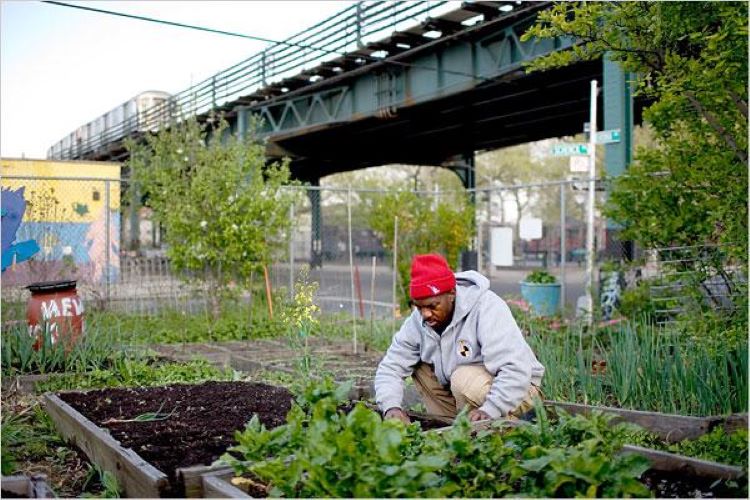From the Frontlines to Our Future: Lessons From Fighting the Coronavirus
As a family medicine resident, I have always advocated that we protect nature and our environment. I regularly and strongly encourage my patients to get outdoors for the mental and physical health benefits. In Detroit, I am continually inspired by the work community groups are leading to revive our city’s parks, invest in urban farms, and connect more people with green space and nature. Commitments to moving at least once a day, breathing in fresh air, and making connections with our green space are truly an investment in lifelong health.
When the COVID-19 pandemic made its way to the United States, my entire career shifted, and being such a new doctor, I did not realize I would be on the frontlines of one of our nation’s biggest challenges. After a few shifts working in a Detroit hospital’s Intensive Care and Emergency units to backfill capacity needed to fight the city’s massive tragic outbreak, I started experiencing COVID-19 symptoms and later tested positive for the virus. I was scared for myself, my patients, and my family, but luckily recovered with no complications. Too many patients are not fortunate the way I was, and so we must continue strict physical distancing to stop the increased spread. At the same time we deal with the immediate threat of the virus, we need to strategically envision what a healthy, equitable future looks like for all communities. We must improve our resilience to future threats, and work holistically to create an improved, new normal.
We know getting outdoors and maintaining a safe distance are not mutually exclusive. In fact, new research is showing time spent outside can contribute to lung health, immunity, and other positive health benefits that can help fight this virus and future health threats. When we come out the other end of this tragedy, I challenge us to think about ways we— the medical and environmental fields with communities—can work together to find more innovative ways to increase outdoor access, ameliorate community health, and protect our physical and social environment for the long-term.

A volunteer at an urban farm in Detroit. Photo by Rochester Talon student newspaper.
